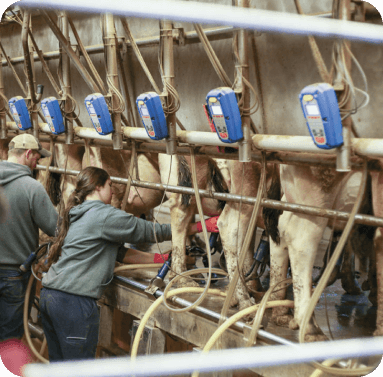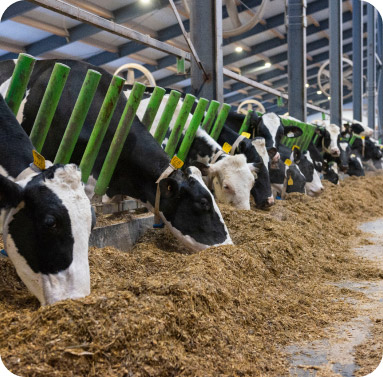Protease: A Strategic Approach to Reduce Formulation Costs in Aquaculture
The aquaculture industry is facing significant challenges, particularly with the rising costs and sustainability concerns associated with fishmeal, a key ingredient in aquafeeds. In a recent article published by Trobos magazine, Jefo’s aquaculture experts Hervé Lucien-Brun and Binh Nguyen, with the support of Ludovic Lahaye and Adam Naylor, explore innovative strategies to address these challenges, focusing on the use of protease to optimize feed formulations.
The Importance of Fishmeal and Its Challenges
Fishmeal is a critical component in aquaculture feeds, known for its high protein content and essential amino acids that support the growth and health of aquatic species. However, the dependence on fishmeal presents several issues:
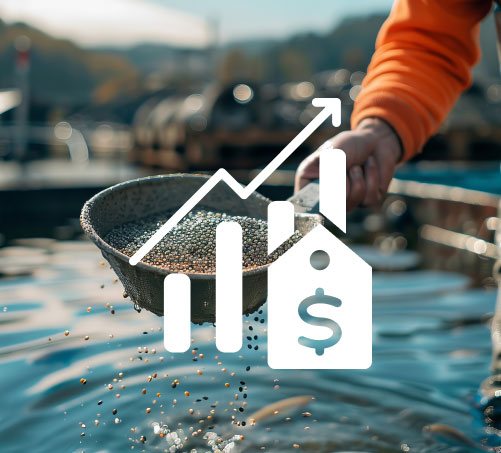
Sustainability concerns: The overdependence on marine capture fisheries for fishmeal production has raised sustainability questions. With fluctuating availability due to environmental regulations and limited wild stocks, the industry is under pressure to find alternatives
Cost Implications: The cost of fishmeal has been rising, driven by factors such as the recent cancellation of Peru’s fishing season, which led to a 40% price increase. This has made fishmeal a costly ingredient in aquafeeds, prompting the need for more cost-effective solutions.
Innovative Solutions: The Role of Protease
The article highlights two main nutritional strategies to reduce fishmeal dependence: lowering fishmeal consumption and adopting protein-saving diets. However, these approaches can impact growth performance, feed efficiency, and disease resistance in aquatic animals. To mitigate these challenges, the use of exogenous protease has emerged as a practical solution.
Innovative Solutions: The Role of Protease
Enhanced Protein Digestibility: Research demonstrated that protease significantly improves the digestibility of both plant and animal protein sources. For instance, in rainbow trout, the protein digestibility of soybean meal and canola meal was increased by 3.5% and 6.3%, respectively, when protease was added.
Improved Feed Efficiency: Protease has shown to enhance the Protein Efficiency Ratio (PER) in various species, including carp, tilapia, and white shrimp. In tilapia, for example, the PER increased by up to 20%, while in shrimp, a reduction of crude protein by 7% in the diet was achieved without compromising growth performance.
Sustainability and Cost Reduction: By improving the digestibility of alternative protein sources, protease enables the reduction of fishmeal content in aquafeeds. This not only lowers feed costs but also contributes to more sustainable aquaculture practices by decreasing the industry’s reliance on marine resources.
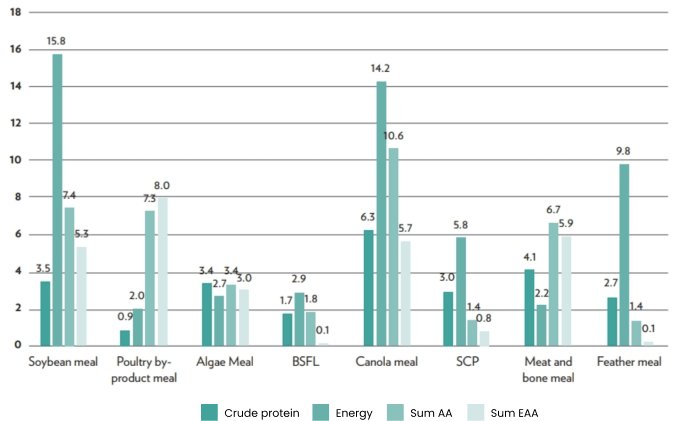
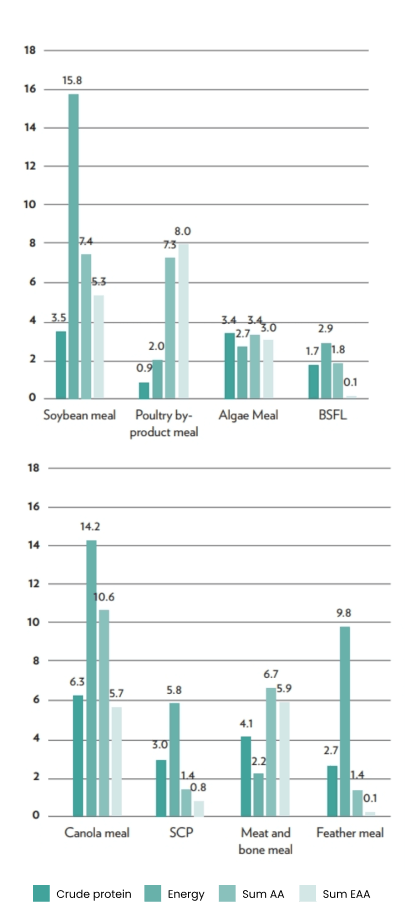
Improvement of nutrient Apparent Digestibility Coefficient from several ingredients (%) (BSFL: Black soldier fly larvae meal; SCP: Single cell protein)
Strategic Benefits of Using Protease in Aquaculture
Cost Efficiency: Protease allows for the formulation of cost-effective diets by reducing the need for high-quality fishmeal and improving the utilization of alternative protein sources.
Sustainability: The reduction in fishmeal usage supports more sustainable aquaculture practices, helping to preserve marine ecosystems and reduce the industry’s environmental footprint.
Improved Growth and Health: Enhanced digestibility and nutrient absorption lead to better growth rates and overall health in aquaculture species, resulting in more robust and resilient stocks.
Conclusion
The use of protease in aquaculture feed formulations represents a significant advancement in the industry’s efforts to balance cost, performance, and sustainability. As fishmeal becomes increasingly rare and expensive, protease provides a viable alternative that supports the growth and health of aquatic species while reducing environmental impact.
At Jefo, we remain committed to researching and developing innovative solutions that help the aquaculture industry thrive in challenging times. To learn more about how protease can benefit your operations, we invite you to read the full article and explore the potential of this powerful enzyme in your aquafeed formulations.
your rep to
call you back

